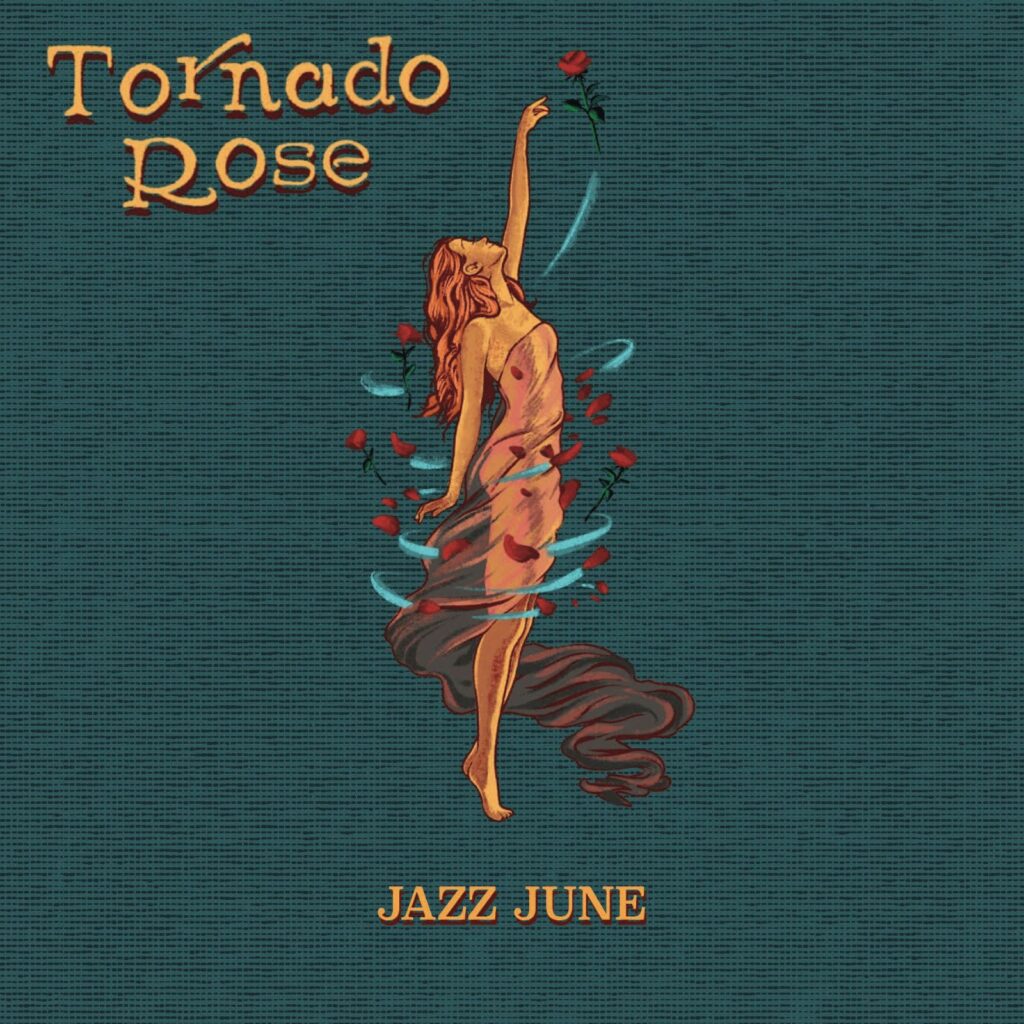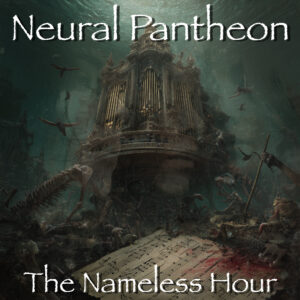Jazz June: A Tornado Rose is a daring tribute to rebellion and thought.

Tornado Rose, being an American roots music group, has not only emerged as a revelation itself as a band, but a force of its own, merging tradition with rebellion in a way that is both old-fashioned and instantaneous. They are not mere musicians, but narrators who weave the spirit of bluegrass, the narrative prowess of country, and the candor of folk into a modern framework that can be audible. The focal point is Brooke Bell: the tenderness and toughness of her vocals appeal to the listeners, and they are not willing to release them. Mandolin, double bass, and the sky-soaring fiddle of Maddie Denton give this soundscape, which is deeply traditional yet modern. Their past albums, like Rabbit in the Pine and Downfall River, would have been necessary to help understand that they do not simply perform with traditional instruments; they use them as the vessel of the story, experience, and conversation about the culture. All releases are not just music, but instead a conversation with the past, identity, and the here and now.
 Their new single, Jazz June, is based on the famous poem We Real Cool by Gwendolyn Brooks, but turns it into a ballad of teenage insubordination, self-identification, and the risks of living recklessly. It is the song that captured intimacy and urgency and was recorded in Nashville at Forty One Fifty and produced by Dewey Boyd and mastered by Alex McCollough. The hauntingly straight voice of Brooke Bell, the mandolin of Gill, and the fiddle of Denton are intertwined to create the sound conflict that is reflected in the song itself. The texture is deceitfully beautiful, its homely melodies a contrast to the words that underline the temporality of freedom and the chilly nature of the decision made in defiance. Not only did Jazz June tell the story, but it also immersed the viewer in the world of his characters, and it also wants us to think about the cost of being able to follow dreams to the point of limitless possibilities.
Their new single, Jazz June, is based on the famous poem We Real Cool by Gwendolyn Brooks, but turns it into a ballad of teenage insubordination, self-identification, and the risks of living recklessly. It is the song that captured intimacy and urgency and was recorded in Nashville at Forty One Fifty and produced by Dewey Boyd and mastered by Alex McCollough. The hauntingly straight voice of Brooke Bell, the mandolin of Gill, and the fiddle of Denton are intertwined to create the sound conflict that is reflected in the song itself. The texture is deceitfully beautiful, its homely melodies a contrast to the words that underline the temporality of freedom and the chilly nature of the decision made in defiance. Not only did Jazz June tell the story, but it also immersed the viewer in the world of his characters, and it also wants us to think about the cost of being able to follow dreams to the point of limitless possibilities.
The strengths of Jazz June are that it is welcoming and upsetting as far as the subject matter is concerned. Tornado Rose not only applies the application of acoustic strings and overlaying harmonies to amuse people, but to reinforce a message to society, youth, and consequence. By altering the poem by Brooks, they make the words, which have never become obsolete in our days, take a new life, make literature and music one, which is both urgent and eternal, and must be urgent and eternal simultaneously. What comes out is a song that succeeds on several levels: a haunting ballad, a piece of social commentary, and an expression of the art of the band. Tornado Rose seems to tell us through Jazz June that they are not just performers; they are narrators and truth-tellers and explorers, and that through music they explore what can be contested as much as it can be admired.
Follow Tornado Rose:



